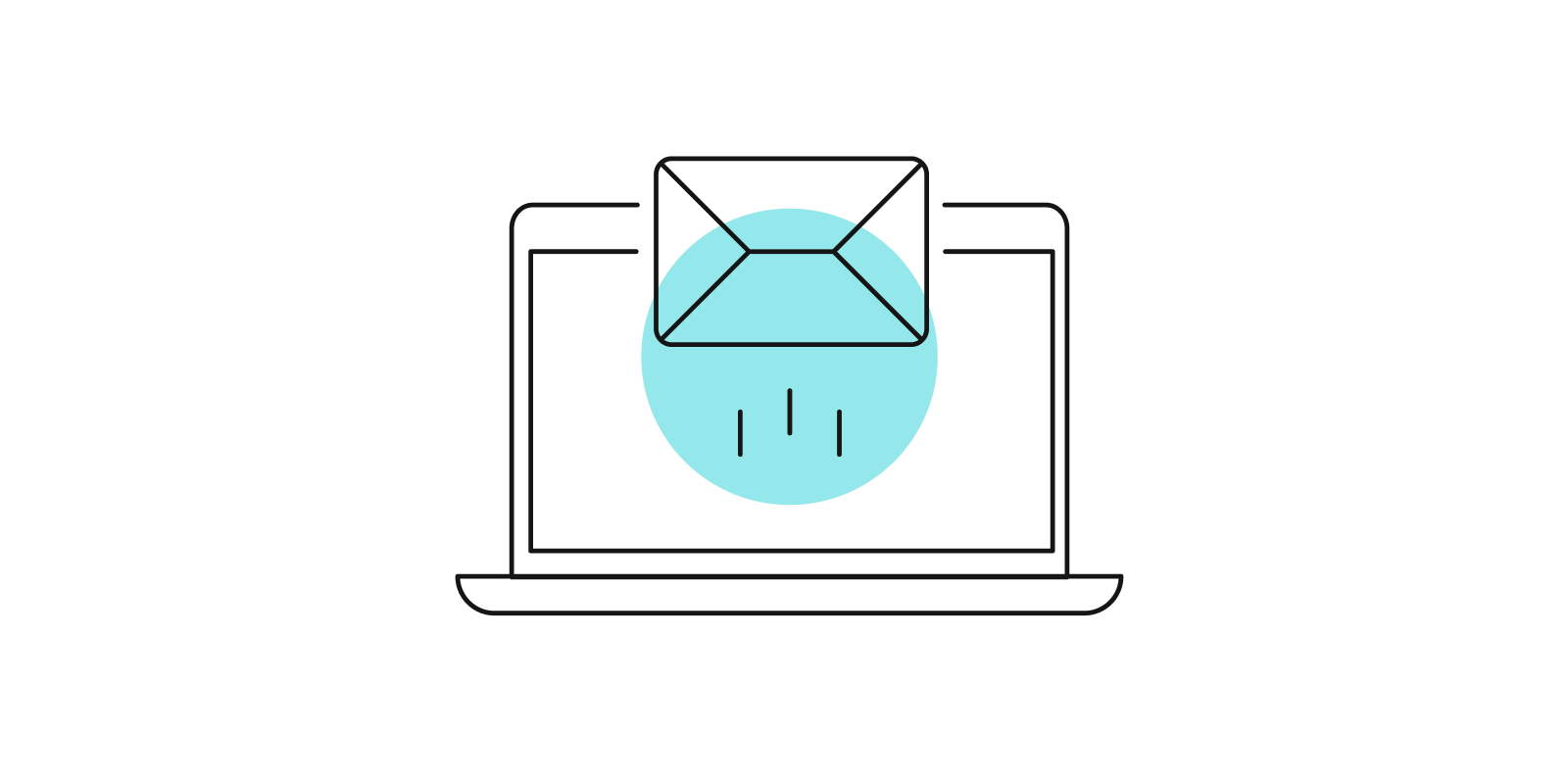
Educators: Are you leveraging digital learning in your classroom?

Students today use technology more than ever — whether for research, studying or chatting every second of the day with friends. It’s no surprise that leveraging the ubiquity of digital communication can help produce countless benefits in the classroom for students and educators alike.
Online assessments have the power to give students rapid feedback, while digital tools allow instructors to provide multimedia learning experiences. Video explanations, games, online note-taking and other features all work to help keep students engaged as they read and study. With the power of digital, educators can analyze test scores and tailor instruction to suit students’ strengths and weaknesses.
Expand learning opportunities
When teaching a subject like geology or art, it’s hard to fully convey the power of a volcano or the expansiveness of a work of art with photos alone. By incorporating videos and other digital assets, course instructors can fully engage students. With digital examples in geology for example, instructors won’t just tell students how landslides happen; they can show them.
Video demonstrations allow students to take virtual field trips whenever they want, at their own pace and on their preferred devices. This video tour of the Pantheon leaves a much more lasting impression than any descriptive words ever could. Tour options take them to places they could never explore in person — at least not as part of a classroom.
In addition to learning through experiences students also need concrete skills for success. Critical thinking is an important skill that applies to almost any field, and writing can be one of the best ways to master it.
Pearson’s Revel writing functionality allows instructors to integrate writing into select courses without impacting the grading burden. Journaling prompts, shared writing activities and essays all work to help students improve their writing skills without pressure (you’re welcome).With interactive tutorials, psychology students can see the exact location of the hypothalamus using an interactive image of the brain. Political science students can get a feel for the newsroom via a newspaper editor simulation.Everyone learns differently, but a multidimensional experience has universal appeal for students at all learning levels. Visual learners get videos and diagrams to help them process new material, while the auditory learners listen and store all the details. Even those who learn best from reading new material can reap the benefits from reading blocks of text and taking follow-up quizzes.Stand up to distractions once and for all by keeping your students engaged with Mastering’s interactive tutorials which combine audio, video, images and text into one comprehensive tool. Quizzes, questions and short writing assignments all work in tandem to help students learn the material on a deeper level.
Online study opportunities
Students who don’t remember life without the internet may feel more comfortable reading, and taking notes with their computers or smartphones rather than with highlighters, pens and notebooks. The classroom-focused mobile apps and software in Revel, allow students to take notes, highlight text and access flashcards on their favorite devices.Instructors can liven up physical or online class by adding prompts with study tips and notes or assign quizzes and concept checks throughout the coursework, helping students get a better grip on a concept or chapter before moving on.Students can retake quizzes they bomb, or figure out why they missed that one pesky question. By taking short assessments throughout a chapter and a longer quiz at the end, they are more likely to retain what they learn and ace that final exam.
Make learning social
Many instructors use the “flipped classroom” strategy for a more comprehensive learning experience. With this strategy, the instructor assigns reading and other instructional content for completion outside the classroom, saving in-class time for discussion and group projects.Digital learning tools can help you generate class discussions and even promote peer-to-peer learning. By sharing the learning journey with their social group, students gain important skills they can’t get from solo learning.For example, bouncing ideas off each other, even via group chats or text messages, helps them develop critical thinking skills and hone their team-building and communication skills. They also stay more engaged throughout a course when they can chat about the material with classmates.When grouping students together for discussion and team projects, you can propose open-ended questions, let students submit answers using their phones and then provide immediate feedback. To make sure you’re guiding students effectively, programs like Learning Catalytics can help you track student understanding.
Make admin more efficient
With technology, instructors can track grades and perform other critical tasks more efficiently. With the Revel, MyLab and Mastering online teaching tools, you can manage homework and test results more easily and quickly than with a manual program. You can even create automatically graded online homework assignments with no red pen required.

Digital learning environments
Embrace the power and flexibility of digital learning with interactive learning and assessment products. Pearson’s MyLab, Mastering, and Revel help you personalize learning experiences and make meaningful connections with your students as you gain insight into their performance.



